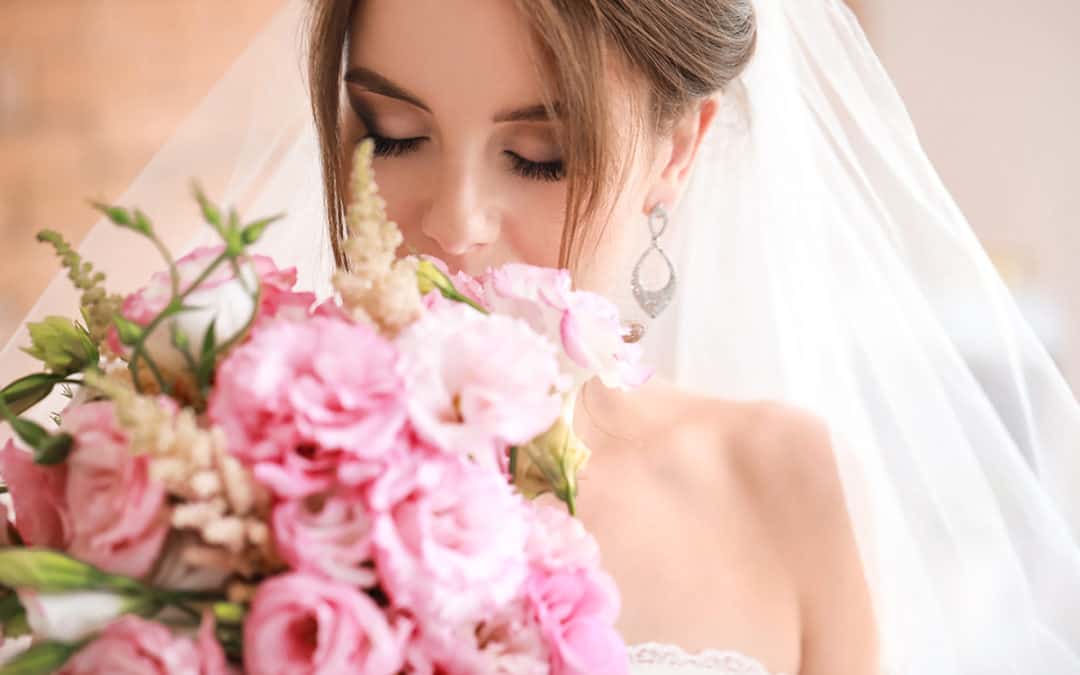
HOW TO REALLY SEE OTHERS
Jay Remer, our Etiquette Guy, is on the scene for spring to warm up some questions we all might be having these days as our times are rapidly evolving. After all, the best manners we can practice often include asking insightful questions of others.
Dear Etiquette Guy
As summer travel approaches, we’ll be traveling again like we have in the past. Can you please refresh my memory on gratuity? How much shall I tip an attendant on private aircraft or boat?
Flying High
Dear Wheels Up.
Gratuities are a way to express our appreciation for something someone has done to enrich our lives somehow. How private households and their accoutrements receive such compensation varies. In some situations, tips are part of the deal and are understood ahead. In others, gratuities may be optional, but for savvy guests, they are de rigeuer. So, yes, appropriately tipping private flight attendants is still a good thing. A rule of thumb is $100 per crew member.
Dear Etiquette Guy,
Now that things are hopefully getting back to normal, post-pandemic, it seems like my social muscles have atrophied a bit at parties. Can you share some of your favorite conversation starters that I might borrow?
Muscle Beach Bound
Dear Beachy Keen,
Isn’t it exciting to finally be able to socialize with our old friends and meet new ones as we emerge from our restrictive isolation? Many of us are happy that gatherings are smaller because we can form stronger bonds and enjoy more meaningful conversations.
Typically, when we are bursting at the seams from the excitement of rejoining our social circles, we fall into the faux pas of talking about ourselves – our health issues, the inconveniences of isolation, and the suffering we experienced or observed. We frequently forget to ask how the other person is and how the pandemic has affected them. Beginning a conversation on a positive note helps break the ice. Some of us are more comfortable starting with small talk – topics with no particular significance. Others, like me, tend to prefer more fulsome conversations.
Many people spend their newly found home time reading books and watching Netflix. Additionally, we had opportunities for self-reflection. Bringing up a great book that you’ve discovered or a new show you recommend binge-watching is light and fun. Although it may be awkward for some of us to discuss, any revelations we garnered through meditation, yoga, or other forms of ‘me’ time are also great ways to begin a great conversation.
Dear Etiquette Guy,
Recently I’ve seen much in the news about They pronouns. I certainly don’t want to offend anyone, so can you please advise on when I should use They instead of He and She?
Socially Astute
Dear Aspirationally Astute,
They, as a singular pronoun, is now an approved usage in the mainstream vernacular. Yet, many of us have a challenge understanding how someone can decide not to identify as either a male or female but rather as a non-binary person. Those individuals prefer us to refer to them as they rather than he or she. If you find this challenging, have some self-compassion–you’re not alone, and you do not need to beat yourself up about it. Everyone is getting used to many new difficult-to-understand societal changes.
If you are unsure how someone identifies themselves sexually, which is understandable, using they as a singular pronoun is also correct–your safety net. You will likely not offend people if your intention is not to offend. Furthermore, others will most likely take no offense because they live through this transition. Undoubtedly, this new usage becomes a more natural feeling with practice…in ourselves and others.





